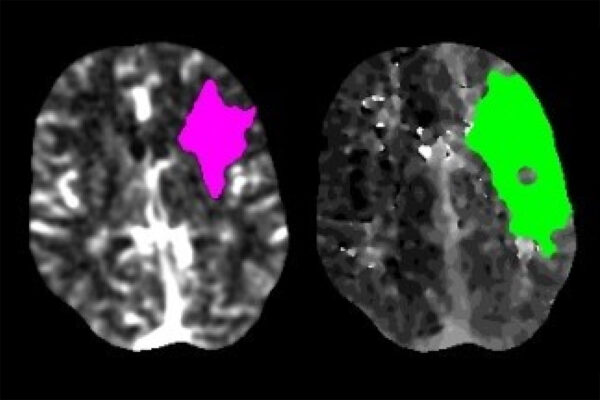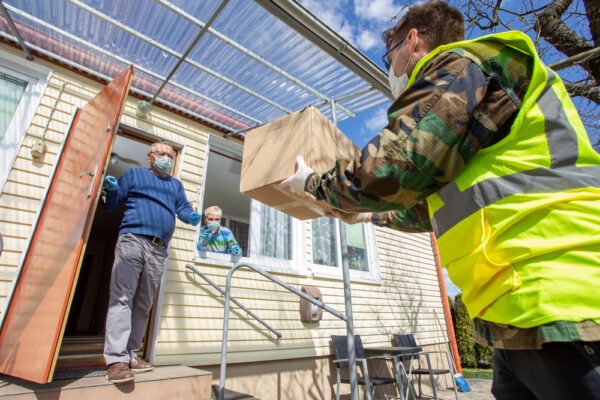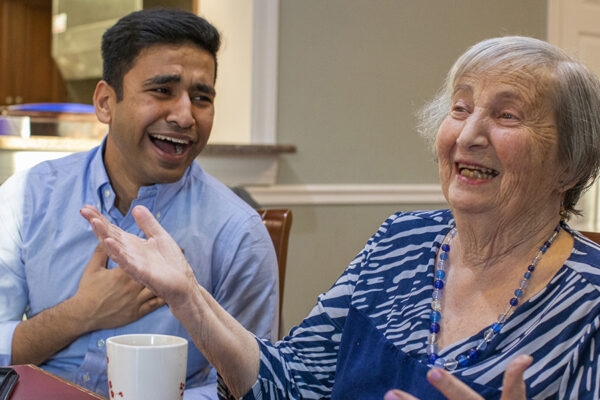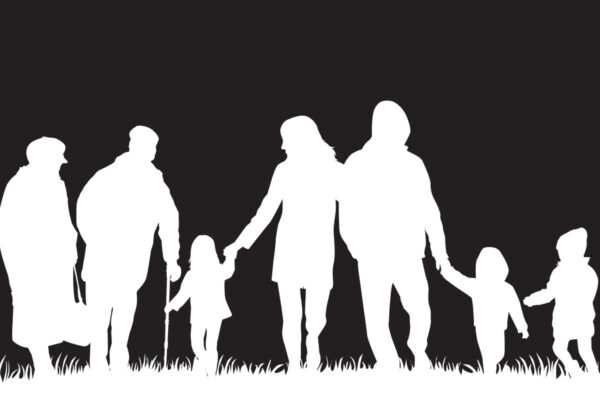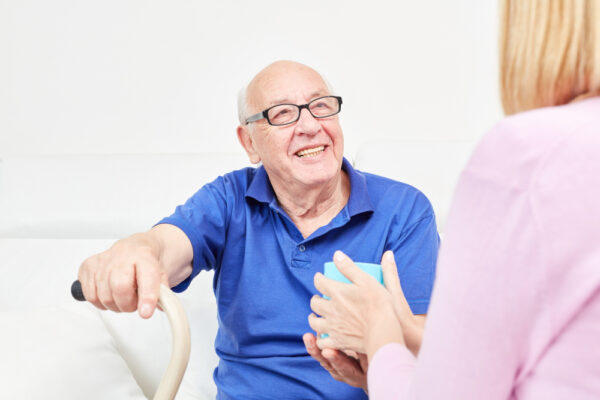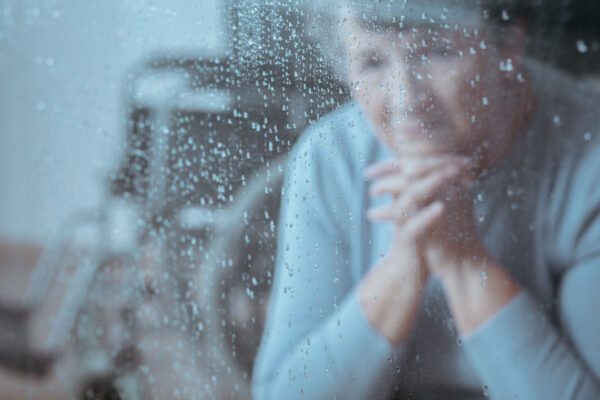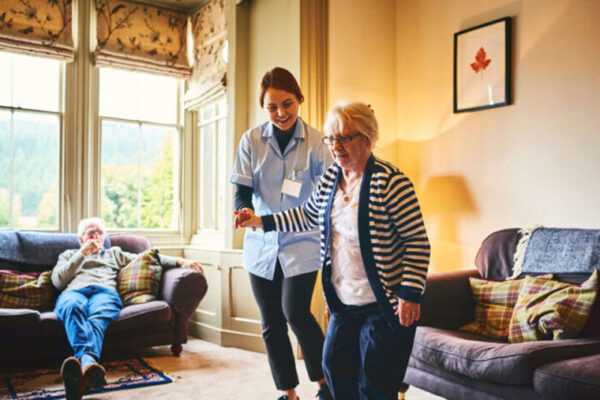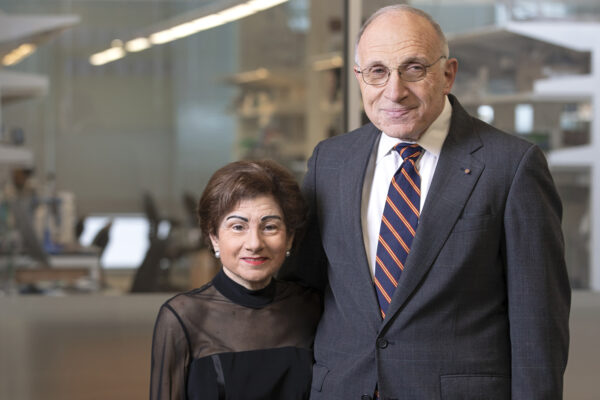Stroke evaluations drop by nearly 40% during COVID-19 pandemic
A study led by the School of Medicine at Washington University in St. Louis has found that stroke evaluations fell by nearly 40% during a period of the COVID-19 pandemic, suggesting that many stroke patients are not seeking potentially life-saving medical treatment.
The pandemic’s impact on older adults
Moving through a global pandemic has severely impacted every American, but maybe none more than older people. The COVID-19 pandemic has placed a spotlight on the deleterious effects of deep-seated ageism, sexism and racism on older Americans, suggests a new paper from the Harvey A. Friedman Center for Aging at Washington University in St. Louis.
WashU Expert: Older Americans are not expendable
Many countries reacted slowly and inadequately to the spread of COVID-19. Some critics have said this is due to initial reports of the disease, which indicated that it mainly affected older populations. “Older adults are not some kind of expendable commodity,” said Nancy Morrow-Howell, the Betty Bofinger Brown Distinguished Professor of Social Policy at the Brown School at Washington University in St. Louis and an international leader in gerontology.
Graduating senior to stay in St. Louis, expand nonprofit
Harsh Moolani initially shrugged off a friend’s advice to quit trying to do it all. Then he considered the source: a remarkable woman with a successful career, good friends — and only a few months to live. Moolani is set to graduate in December with a degree in neuroscience in Arts & Sciences. He will remain in St. Louis and expand Create Circles, the nonprofit he founded to connect older and younger adults.
Families with long, healthy life spans focus of $68 million grant
With the help of a grant from the National Institute on Aging of the National Institutes of Health (NIH), researchers at the School of Medicine are leading the Long Life Family Study, which includes several generations of families with unusual concentrations of long-lived individuals. The goal is to uncover genetic factors that play roles in long life spans.
Modifications to social, physical spaces make living at home easier for older adults
Social and physical modifications can make aging in place more accessible at the same time they positively impact cognitive function in older adults living alone, finds a new study from the Brown School at Washington University in St. Louis.
Dementia patients’ adult kids diagnosed earlier than their parents
A new School of Medicine study indicates that people with dementia — whose parents also had dementia — develop symptoms an average of six years earlier than their parents.
Goal-oriented rehab improves recovery in older adults
Researchers at the School of Medicine have found that Enhanced Medical Rehabilitation, a type of goal-oriented therapy, helps older patients recover more fully than standard physical or occupational therapy. It involves focusing on specific goals important to individual patients and motivating patients to work toward those goals during every therapy session.
Aging delayed in older mice given blood component from young mice
Researchers at the School of Medicine have shown that supplementing older mice with an enzyme from younger mice extends life spans in the older ones.
Needlemans commit $15 million aimed at therapies for chronic diseases
The School of Medicine has received a $15 million commitment from longtime benefactors Philip and Sima Needleman to support two cutting-edge research centers aimed at developing new treatments for diseases that collectively affect millions.
Older Stories
